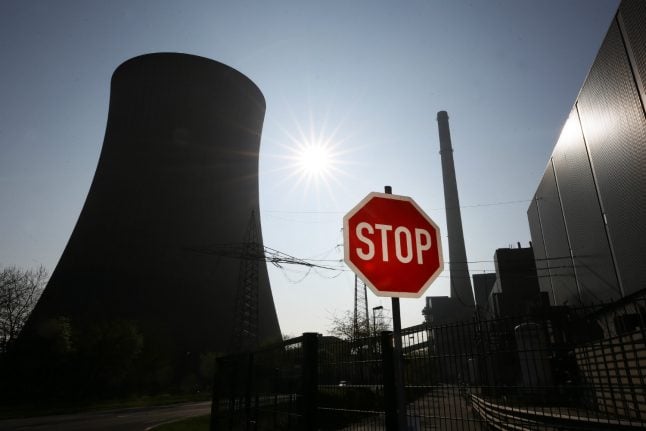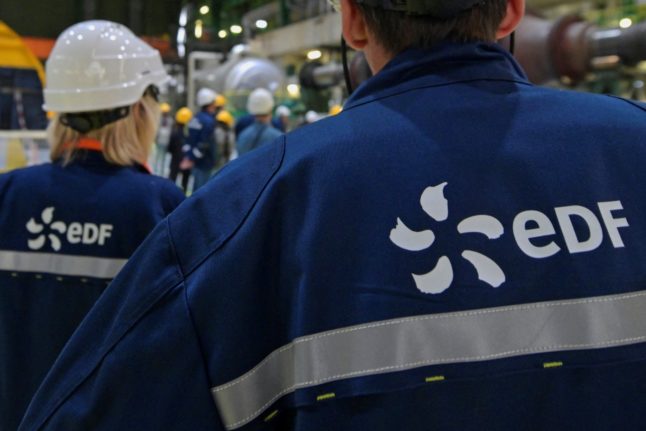“We can't exactly say yet how many employees will be affected,” Martin told the Rheinische Post newspaper.
“But I expect a significant reduction as soon as 2023, which goes far beyond current planning and what can be done through normal fluctuations.”
SEE ALSO: Germany should phase out coal mining by 2038: Commission
A government-appointed coal commission on Saturday set a 2038 deadline for Germany to shutter coal mines and electricity plants powered by black or brown coal.
It also recommended some €40 billion euros be set aside to help coal-reliant regions with the transition, including through retraining younger workers and early retirement schemes for others.
Energy companies can also expect billions in compensation.
Coal, the dirtiest of all fossil fuels, last year accounted for more than 30 percent of Germany's energy mix.
RWE, the biggest operator of coal-fired plants in Germany, has for years nbeen warning of the negative impact the exit from coal would have on jobs and energy security in Germany.
Some 20,000 people are directly employed in the coal industry in Europe's top economy.
It is now up to the German government to implement the commission's recommendations.
A meeting between Chancellor Angela Merkel, Finance Minister Olaf Scholz and regional leaders to discuss the proposals is scheduled to take place on Thursday.
Germany's reliance on dirty coal is in part down to Merkel's decision in the wake of the 2011 Fukushima disaster to ditch nuclear power by 2022.
But the use of the polluting fuel has complicated Germany's efforts to stick to targets for limiting greenhouse gas emissions, undermining Merkel's role as a leading advocate of the global Paris Climate Agreement.
Under the commission's plans, power plants in Germany using lignite or brown coal, which is even more polluting than black coal, would be closed by 2022.
Other plants will follow until 2030, when only 17 gigawatts of Germany's electricity will be supplied by coal, compared to today's 45 gigawatts.
The last plant will close in 2038 at the latest, the commission said, but it did not rule out moving this date forward to 2035 if conditions permit.



 Please whitelist us to continue reading.
Please whitelist us to continue reading.
Member comments